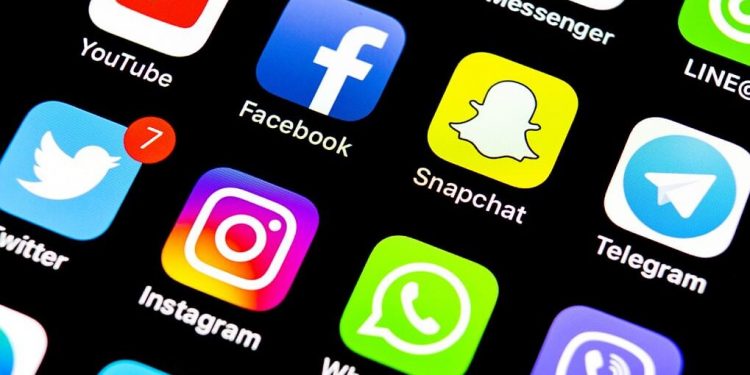Media has long been a well-tested source of information. Today this is no longer the case, but the old notions still work: our perception of reality depends on how the media present it. Because of the great flow of events that occur every day, it is difficult for people to understand what they see.
Media literacy – the skills and habits that will help you critically perceive different media messages: traditional, social media, outside advertising, guerrilla marketing.
Media literacy will help to avoid false news and get reliable information about current events. And this skill is based on your responsibility as a customer.
Should You Trust Social Media?
Today, social media such as Facebook, Twitter, and Telegram have taken on the function of spreading news. But they are not always a reliable source of information. You think you have received a decisively selected knowledge of a specific topic while reading a page of people you know, but this is not the case. Social media broadcast a great deal of manipulative and fictitious news.
Bots And Trolls
Social media mainly play with business and political strategies. They remain unnoticed by us, but at the same time, aggressively intruding into our information space. And we surrender to them without even realizing it.
Here it is worth mentioning the bots and trolls. These are tools for distortion reality. They are destructive to public discussions, provoke negative emotions in the audience, and disrupt online ethics. Bots are programs, but trolls are real people who get paid for their work. Trolls are real people who get paid for their work. Thus, attention is distracted from the essence of the issue, and misleading perceptions about people’s points of view are created. There are so many free essays about how bots affect human behavior.
Media Literacy Basic Principles
Canadian physician John Pangente identified these fundamental concepts of health literacy.
- Media shapes our sense of reality. Attitudes toward real-world objects are shaped based on medical information, that they were constructed by practitioners who are pursuing specific goals.
- Any media message communicates specific values either directly or implicitly.
- Media influence the political and economic situation, provoking social changes.
- Media make us think about the events taking place in other countries.
Main Rules Of Media Literacy
1. Form Your News Page On Social Networks Without Fear.
Today, content can be created by everyone. But if you do not like an information product, you have the right to respond and withdraw from it adequately. It would help if you did not give your friends out of pity, demonstrating merciless altruism. Do not give people just because they have nice pictures or your old acquaintances. This requires serious consideration and informed choice.
2. Don’t Worry About Things That Aren’t Important To You.
You don’t need to follow fashion trends, understand politics, keep abreast of all currency market fluctuations, and know Hollywood actors’ names. You have the right not to know or care about something or to stand for it.
3. Live Your Life.
Many media duplicate information from other media, which in turn received information from third-party sources, and you are absorbing it. Close the page and live your life.
4. Take Time To Think.
Get distracted from the endless stream of information and analysis. Stay in silence, watch and listen. Don’t be afraid of not understanding something or passing the time without taking in new data. Filter your thoughts by giving them a sip of informational detox.
If you like the article then check Techdee for more informative articles.





